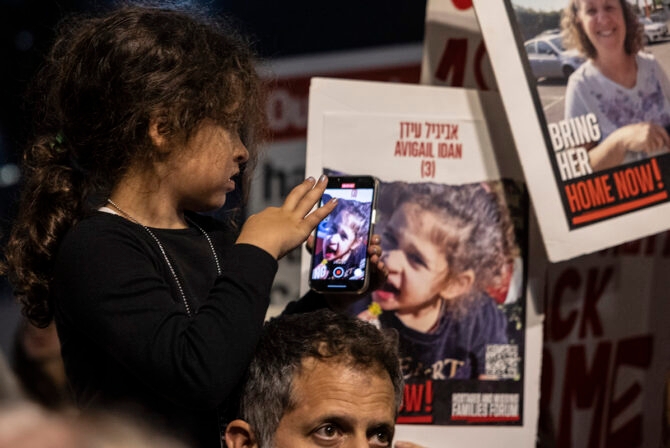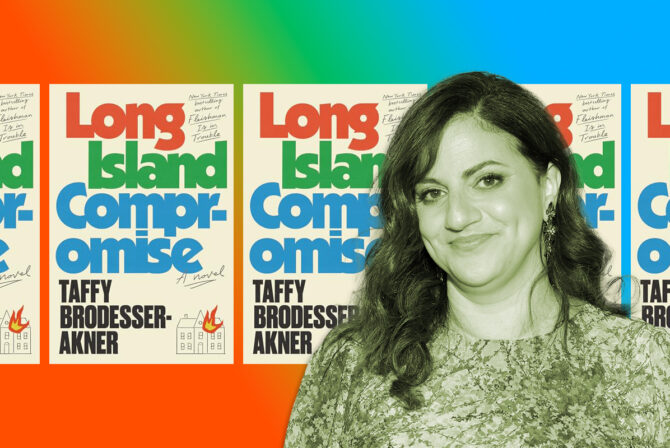My oldest son has always been fascinated by travel, international relations, and learning foreign languages.When he was 12, he traveled with my parents to visit Moscow and St. Petersburg, Russia, as well as Odessa, Ukraine, the place where I was born. For weeks beforehand, he walked around with a phrasebook. His favorite was, “I don’t want any herring.” (Let no one tell you it’s not a vital phrase to know while visiting Russia.)
He’ll be graduating from high-school in June, and has decided to take a gap year before starting college in order to learn a foreign language. Now, there are plenty of programs that will take your child anywhere in the world and teach them any language you want – for a (hefty) price. I explained to my son that we wouldn’t be paying that fee. If he wanted to take a year off from school to travel, he’d have to find a way to finance it himself.
He did his research and ended up applying to several different possibilities. He wrote many essays. He sat for many interviews. He was ultimately accepted into two, both sponsored by the US State Department (I call it the Junior Spies of America Program. That is not what the State Department calls it).
One would send him to Germany for a year to study German. The other to Moldova, to study Russian.
FAQ:
What’s Moldova?
It’s a former Soviet republic located between Ukraine and Rumania.
Why Moldova?
Because the program used to be in Russia, but then its head was arrested as a spy so… Moldova.
Germany or the former USSR…. I assure you, my Soviet Jewish parents just could not decide which possibility thrilled them more.
My son ultimately chose Moldova. (It was the logical option, since he’s more familiar with Russian, and wouldn’t be starting the language learning from scratch.) Now my parents have a single destination onto which to focus their unhappiness.
My son is confused. He stressed to them that Moldova is perfectly safe, and nothing ever happens there, according to him. Plus he’ll be part of a US government program, not just aimlessly wandering about the country, so what are they worried about?
I told my son that his grandparents have always worried, and that they will always worry. They worried when he went to Israel last summer as a Bronfman Youth Fellow. They worried when he went to Ecuador on a school trip. They worried when he went to England on a school trip. They worried when he took the crosstown NYC public bus by himself. They are most certainly going to worry when he goes to the former USSR.
My parents don’t give a damn what the country is called now or what their supposed government currently is. As far as they’re concerned, it’s still the same place where people – especially Jews – could be made to disappear at any time for any (no) reason. It’s where saying the wrong thing to the wrong person gets you jail time (and not the cushy American kind). It’s where local people are desperate and desperate people do desperate things, especially to visiting Americans.
My son says they just don’t understand. I say he’s the one who doesn’t understand. He may think he knows what they went through, during World War II and Stalin and The Doctors Plot and Brezhnev and the Free Soviet Jewry movement. Yes he understands it intellectually. They still feel it viscerally. No words–his or anyone else’s–are going to change how they feel.
My son says their worrying is putting a damper on his excitement. I say that’s a shame, but he’s just going to have to deal with it. (He’ll be lucky if this is the hardest thing he has to deal with over the course of the next year.)
But, when my parents come to me, urging me to talk him out of going, I also tell them to deal with it (albeit more politely, not in those words). My son worked so hard for this. He applied three separate times and got rejected twice before his ultimate acceptance. This is pretty much the most exciting thing that’s happened to him so far in his young life, and I want him to go into it with a sense of adventure and confidence that he can deal with any crises that might come up—not a sense of having disappointed his grandparents.
“How did you handle it?” he asked me when I told him that, whenever I wanted to do anything out of the ordinary (such as move first to Los Angeles, then to New York, then take a job with ABC Sports that had me flying all over the world, from Switzerland to Japan to yes, even the former USSR), my parents would greet each new development with a litany of everything that could possibly go wrong.
“I didn’t like it either,” I assured him. “But eventually, I got to a point where I could tell myself that their reaction was a result of the life they’d lived, and mine was the result of the life I’d lived – the one they gave me by leaving the USSR and moving to the US. So instead of being angry or intimidated, I chose to be grateful.”
I suggested my son give it a try.
I’ll keep you posted on how that goes.







